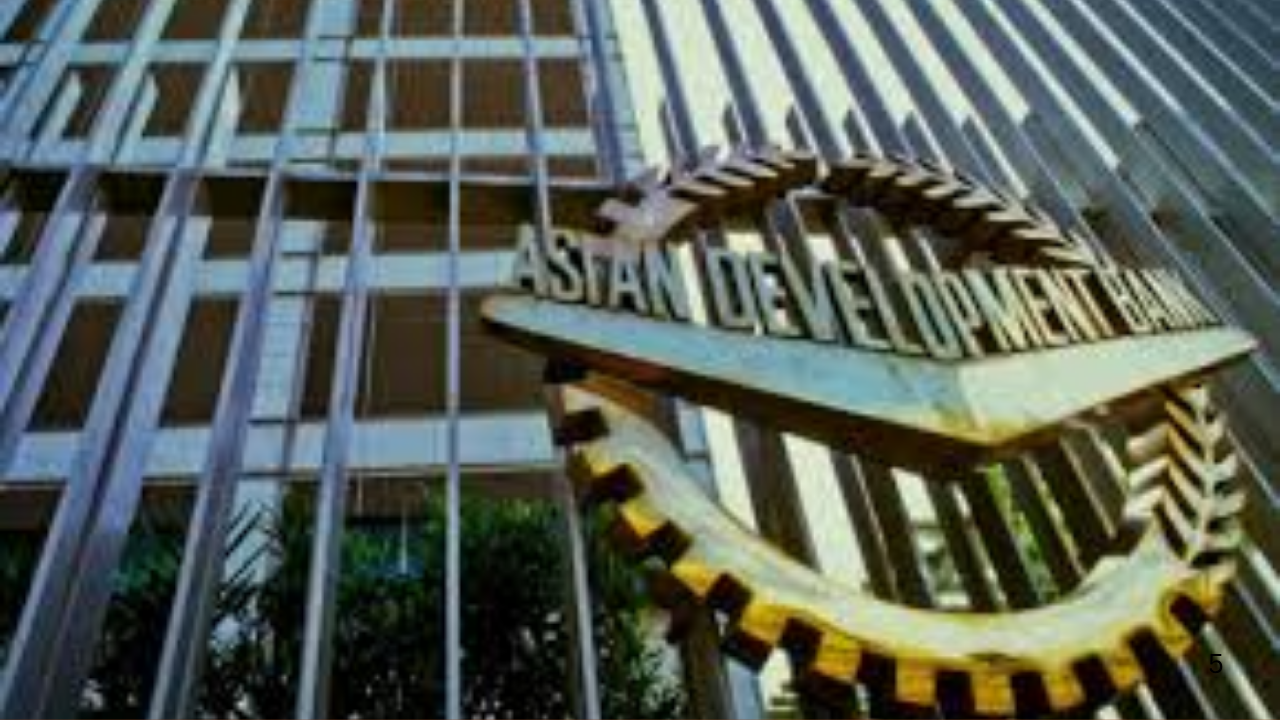India recently voiced strong objections to the Asian Development Bank’s (ADB) approval of an $800 million program for Pakistan. The funding package aims to bolster Pakistan’s fiscal sustainability and public financial management. Despite India’s concerns, the ADB proceeded with the approval.
Thank you for reading this post, don't forget to subscribe!India’s Stance Against the Funding
India’s opposition stemmed from several key points:
- Cross-Border Terrorism: India cited cross-border terrorism as a significant threat to Pakistan’s stability, highlighting Pakistan’s alleged failure to act on Financial Action Task Force (FATF) mandates, which include freezing assets of UN-designated terrorist groups. This concern was particularly amplified after the Pahalgam terror attack.
- Repeated IMF Bailouts: New Delhi argued that Pakistan’s frequent recourse to International Monetary Fund (IMF) bailouts indicates a failure in its economic reforms.
- Misuse of Funds: India expressed serious concerns about the potential misuse of funds, pointing to Pakistan’s increasing defense spending even as its tax-to-GDP ratio declined from 13% in 2018 to 9.2% in 2023.
- Weak Governance and Army’s Influence: India also flagged Pakistan’s weak governance and the prominent role of its Army in economic affairs, particularly through the Special Investment Facilitation Council (SIFC), which was established to promote investment. India suggested that the Army’s influence contributes to policy instability.
- Credit Risks to ADB: India further raised concerns that Pakistan’s economic fragility and reliance on external debt could pose credit risks to the ADB.
ADB’s Decision and the Program Details
Despite India’s strong objections, the ADB approved the $800 million program under the “Improved Resource Mobilisation and Utilisation Reform Program Subprogram 2.” The package includes a $300 million policy-based loan and the ADB’s first-ever policy-based guarantee of up to $500 million, which is expected to mobilize up to $1 billion from commercial banks.
The program’s stated goals are to enhance tax policy, public expenditure, digitalization, investment facilitation, and private sector development in Pakistan, ultimately aiming to reduce the fiscal deficit and public debt, fostering long-term fiscal stability.
Implications
The ADB’s decision highlights the complex interplay between economic development goals and geopolitical considerations within international financial institutions. While India continues to press for greater accountability from Pakistan on issues of terrorism and financial transparency, the approval of this funding package indicates that such efforts do not always halt financial support for the country. This situation underscores the ongoing diplomatic challenges and differing perspectives among member states of international lending bodies.

















